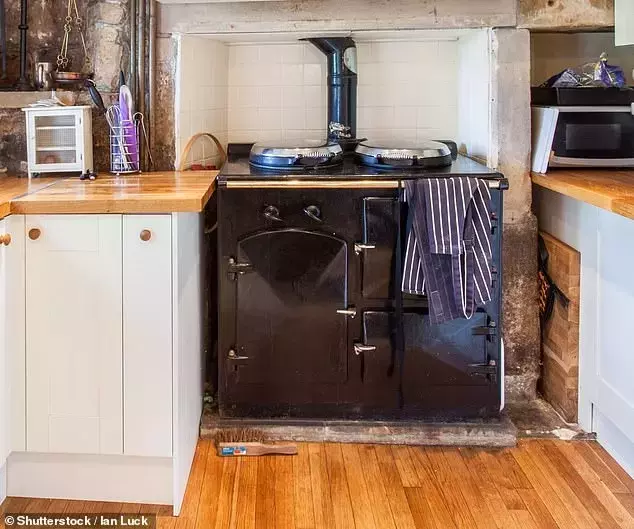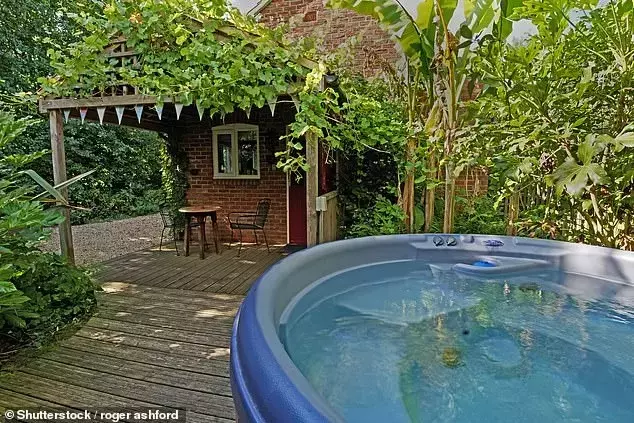



Superficial attributes can dramatically sway a homebuyer's decision, often more than tangible structural elements. While real estate professionals frequently advise on minor enhancements like fresh scents or baked goods, the overarching influence of weather conditions remains a dominant, uncontrollable factor. For instance, during warm periods, a residence featuring efficient air conditioning or a sun-drenched, south-facing outdoor space becomes significantly more desirable. Conversely, in colder months, the allure shifts towards comforts like a crackling fireplace or a traditional range cooker, each capable of evoking a strong sense of warmth and well-being.
Recent analysis by Zoopla illuminates the precise financial impact these seasonal amenities can have on a property's worth, prompting homeowners to consider optimal selling periods. According to their findings, properties equipped with desirable summer features, including expansive gardens, swimming pools, outdoor entertainment areas, and air conditioning systems, could command an additional £22,000 when sold between May and August. This valuation is derived from insights provided by over 100 estate agents nationwide, based on a typical three-bedroom house valued at £324,000. Specifically, a sunny or south-facing garden alone can add approximately 1.8% (£5,832) to a home’s summer valuation, a balcony an additional 1.24% (£4,018), and air conditioning 1.52% (£4,925). Even controversial features like swimming pools, despite potential upkeep concerns, can elevate summer sale prices by around £5,897 (1.82%), and hot tubs by £2,819 (0.87%). Conversely, in winter, features such as a fireplace can add £4,568 (1.41%), under-floor heating £3,985 (1.23%), and an Aga-style cooker £3,337 (1.03%) to the property's value, though the latter often costs more to install than its added value. Furthermore, energy-efficient enhancements like double glazing can contribute an extra £3,402 (1.05%).
A survey involving 1,000 homeowners corroborates these trends, revealing that 48% would pay more for a swimming pool, 49% for a pleasant garden, and another 49% for air conditioning during summer months. Similarly, in winter, 38% would increase their offer for a home with a traditional fireplace, 41% for good energy efficiency, and 26% for an Aga-style cooker. Daniel Copley, a consumer expert at Zoopla, emphasizes that while seasonal features undoubtedly influence buyer interest and can lead to higher prices, prospective buyers should also consider the long-term operational costs associated with these amenities, particularly concerning energy consumption. This insight is crucial for making informed financial decisions, as two-thirds of buyers who purchased during spring or summer felt that seasonal attractions led them to pay a premium for their homes.
Understanding and leveraging the seasonal appeal of a property can significantly enhance its market appeal and financial outcome. This dynamic highlights the importance of strategic timing in real estate transactions, ensuring that both sellers maximize their returns and buyers appreciate the full value of their investment in a home that truly suits their needs throughout the year. Embracing foresight and preparedness in the property market can lead to mutually beneficial results, contributing to a more vibrant and equitable housing landscape.
